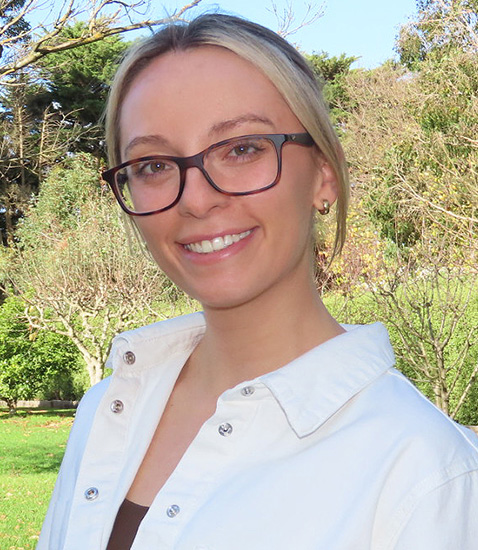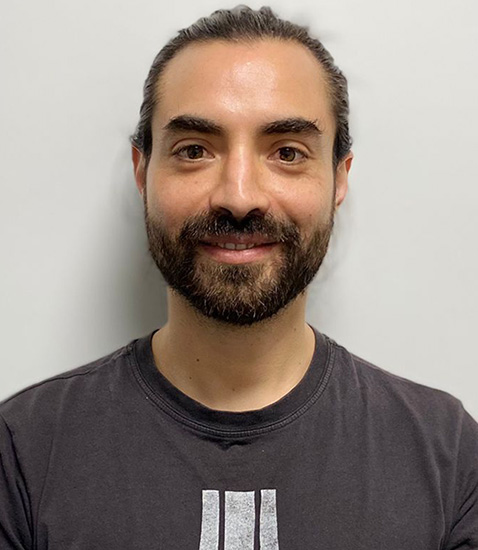SafeFish is providing postgraduate students thousands of dollars each year and creating opportunities for grant recipients to travel, attend conferences and cover research expenses.
By Dempsey Ward & Claire Hedges
Each year, SafeFish offers postgraduate grants for students undertaking research in seafood safety or market access.
The scholarship provides ten thousand dollars per annum to help boost the students research capabilities, undertake placements, attend conferences or publish their work and the option to apply for the funding over multiple years, provides further flexibility. In addition to funding, the grant represents a significant opportunity for the recipient to gain valuable insights and access to industry and research contacts through the trusted, SafeFish networks.
PhD Candidate at the Royal Melbourne Institute of Technology, Claire Hedges, was a recipient of the 2022 SafeFish Grant.

Claire’s research is looking at developing alternative methods to identify and quantify Vibrio - a family of bacteria that are commonly found in saltwater environments and can occasionally cause illness in people eating undercooked seafood. There are many limitations with the current testing methodologies for Vibrio that prohibit the development of a true understanding of the bacteria and when it may present a risk in seafood.
“Material costs for this type of research can be really expensive - but the grant provided leeway to purchase what I needed without being restricted by cost.” Claire says.
The grant also provided the opportunity for her to travel and present her preliminary findings at the acclaimed 2022 SafeFish Vibrio Science Day in Adelaide, where leading experts in the field discuss and share current research efforts.
“The grant has developed my industry knowledge, grown my network, and developed a deeper appreciation of how my work can contribute to and benefit the seafood sector.”
This year, SafeFish is upping the stakes by providing grants to two lucky recipients.
The first recipient is Madeline Petrusic, a PhD Research Scholar at Swinburne University, Victoria, who is researching a way to control Vibrio parahaemolyticus during oyster production.

Vibrio parahaemolyticus is a naturally occurring marine bacterium that can become concentrated within filter-feeders (such as oysters) and are notoriously difficult to control. The bacteria are associated closely with seafood-related illness, causing infection and inflammation to the digestive system.
“My work will provide knowledge about a method of control [Vibro-phages] that could be implemented, and how effective it could be in controlling V. parahaemolyticus in oysters.” Madeline says.
Lucky grant recipient number two is Felipe Henriquez, a PhD Scholar at the University of Technology Sydney. Felipe is researching novel molecular test methods to help shellfish farmers manage the risk of algal toxins at point of harvest.

Just like Vibrios, certain algal toxins can accumulate to high levels in filter feeders (such as oysters), causing illness in humans if consumed.
“The aim of my project is to develop and test a method that can simultaneously detect three of the most problematic [algal] species for the Australian shellfish industry,” Felipe says.
“Current monitoring methods need highly trained personnel, cannot be conducted on-site or automated, and can be quite time-consuming. In contrast, the use of novel molecular tools has the potential to aid in rapid and low-cost testing, allowing a more comprehensive understanding of harmful algal bloom development.”
For more information on the SafeFish Post-Graduate Grant, head to https://www.safefish.com.au/about/students.
Applications for the 2024 round will open in November 2023.
This relates to R&D Plan Outcomes 2





